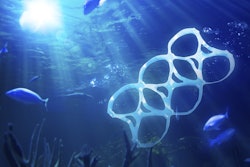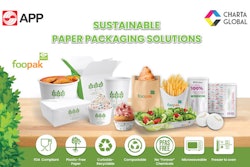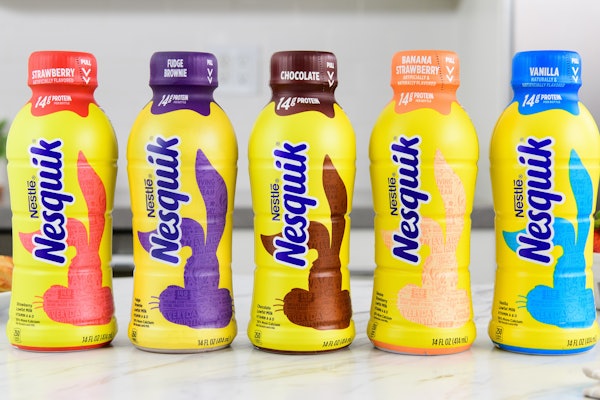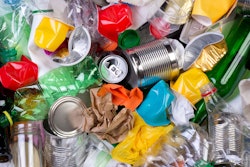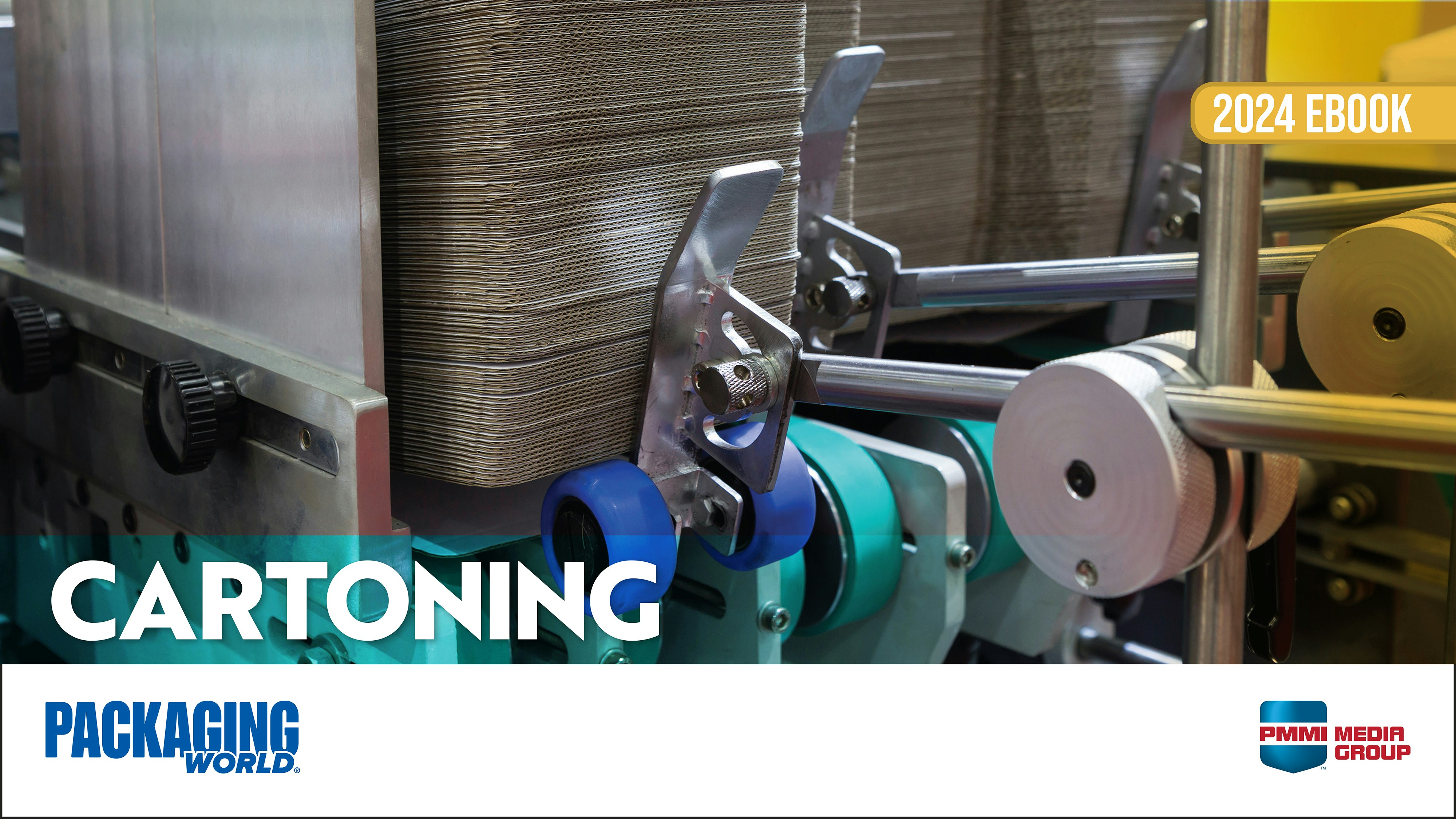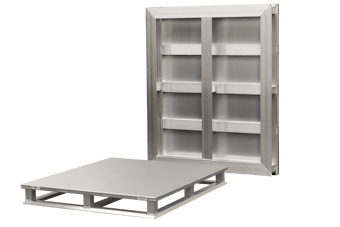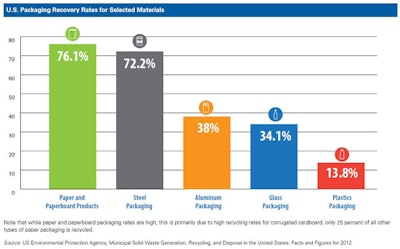
Large brands like Dunkin Donuts, Burger King, KFC, MillerCoors, and Kraft Foods are wasting valuable materials through poor packaging sustainability policies—to the tune of $11.4 billion a year. And by selling single-use food and beverage packaging that ends up littering streets or in the oceans instead of being recycled, they’re not just wasting, they’re contributing to global pollution. That’s according to a new report, “Waste and Opportunity 2015,” from As You Sow and the Natural Resources Defense Council. The report analyzes the packaging practices of 47 fast-food chains, beverage companies, and consumer goods and grocery companies, highlighting leaders and laggards in these sectors
According to As You Sow, the report ranks corporate performance in the fast food and beverage sectors, and provides a more general overview of the packaged goods/grocery sectors. Says the organization, “What we found is not encouraging: not one of the companies surveyed managed to earn ‘Best Practices’ status. All are failing to sufficiently recover valuable materials and protect our world’s oceans.”
However, some companies are wasting less than others, notes the report. Starbucks, McDonald’s, Coca-Cola, Nestle Waters NA, New Belgium Brewing, and PepsiCo all emerged as relative leaders in their business sectors, taking proactive steps to recycle, use recycled content, or generate less waste. But as a whole, all three business sectors continue to drag their feet, failing to take sufficient responsibility for the packaging they generate, As You Sow notes.
The report adds that only about half of consumer packaging ends up actually being recycled; the rest becomes litter or goes to landfill. Plastic packaging, a major contributor to ocean pollution, is the fastest growing form of packaging—but only 14% is recycled.
Says As You Sow, “The report registers special concern with the rapid growth of flexible plastic pouch packaging, which is not recyclable, such as Kraft’s Capri-Sun product. All manner of goods from dried fruit to detergent to dog food that used to be sold in recyclable packaging are shifting to pouch packaging, which can only be landfilled.”
The report surveyed and analyzed companies based on four pillars of packaging sustainability:
- Source Reduction: Switching to reusable packaging, or packaging with less material is essential to reducing virgin material sourcing.
- Recycled Content: Using recycled content to make new products helps create a market for recycled materials and requires far fewer resources (energy, water, raw materials, etc.).
- Recyclability and Materials Use: Materials that are very difficult to recycle, like flexible laminate pouches, should be avoided.
- Boosting Materials Recycling: Other materials are recycled but only at low rates because of lack of bins, infrastructure, end markets, or public education. Companies have failed to do enough to ensure their packaging is actually recycled.
“While each of these sectors can do much more to increase recycling of the packages they produce, fast-food, and other quick-service restaurants are a particular concern because of the contribution of plastic packaging to plastic pollution in the oceans and other aquatic environments,” says As You Sow. “Plastic litter from takeout orders— including cups, plates, cutlery, and straws—are often swept into waterways and oceans, where they partially degrade and harm marine life.
“The more we boost recycling rates, the more we provide opportunities to reduce the use of virgin natural resources and mitigate emissions that contribute to climate change. Yet few companies have robust sustainable packaging policies or system-wide programs to recycle their packages. That’s also a missed opportunity to create new green recycling jobs.”
The full report is available for download; a recording of the press conference introducing the result’s findings is also available.


